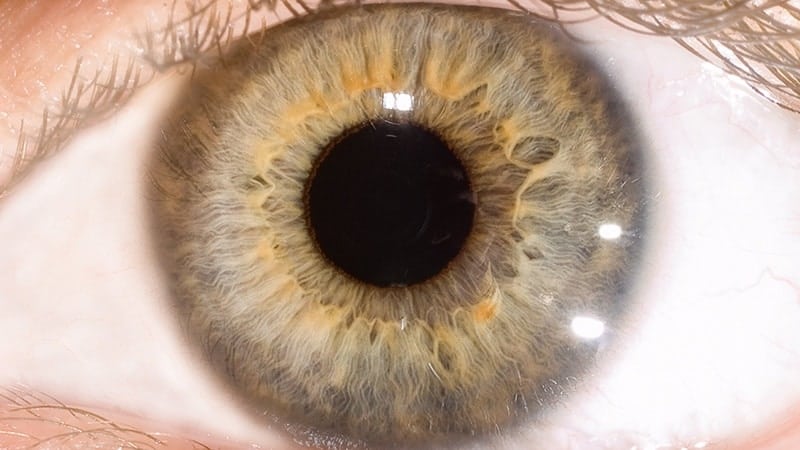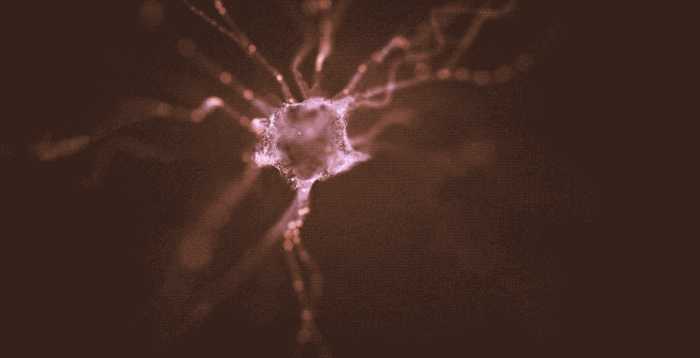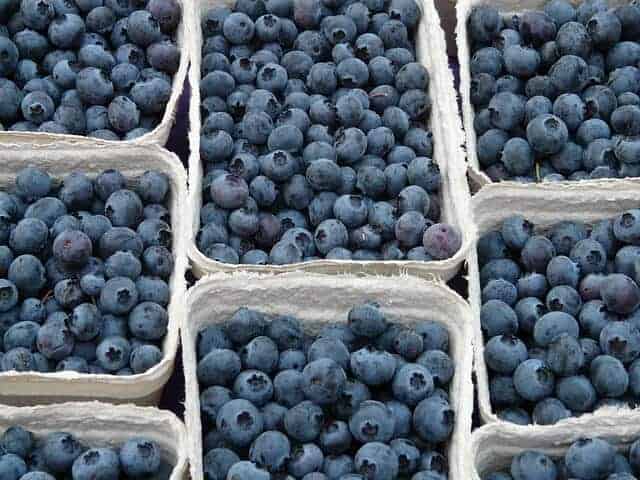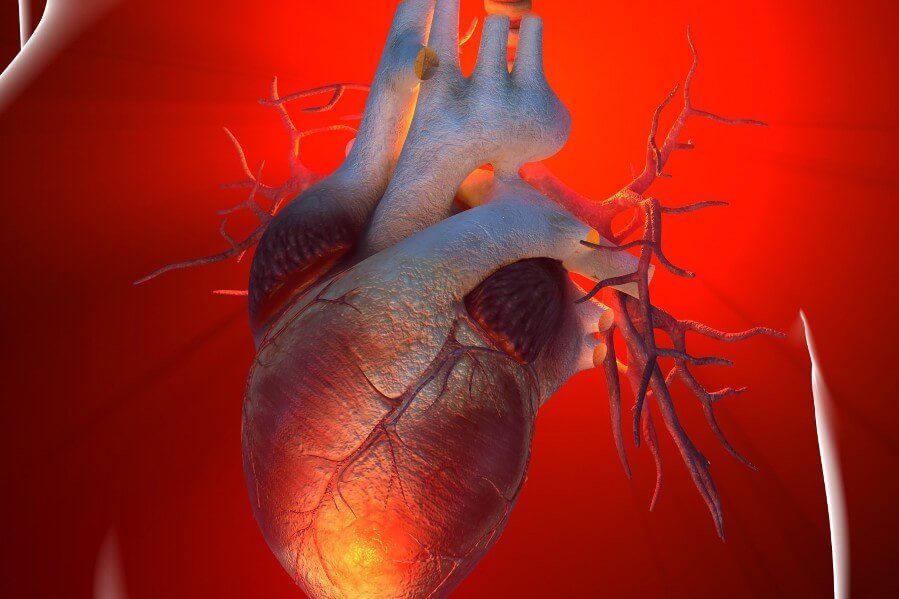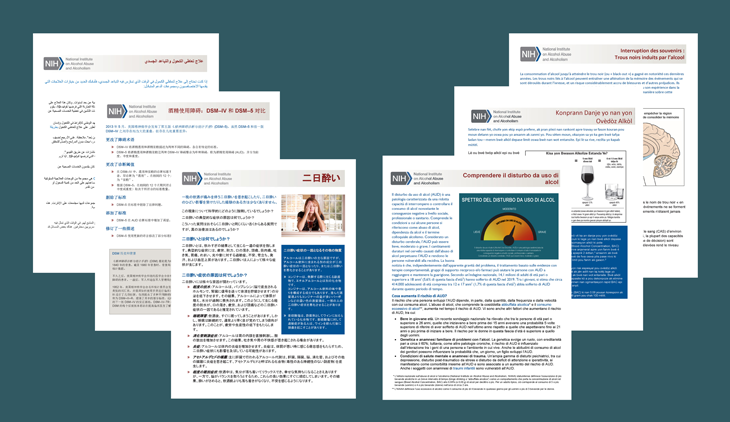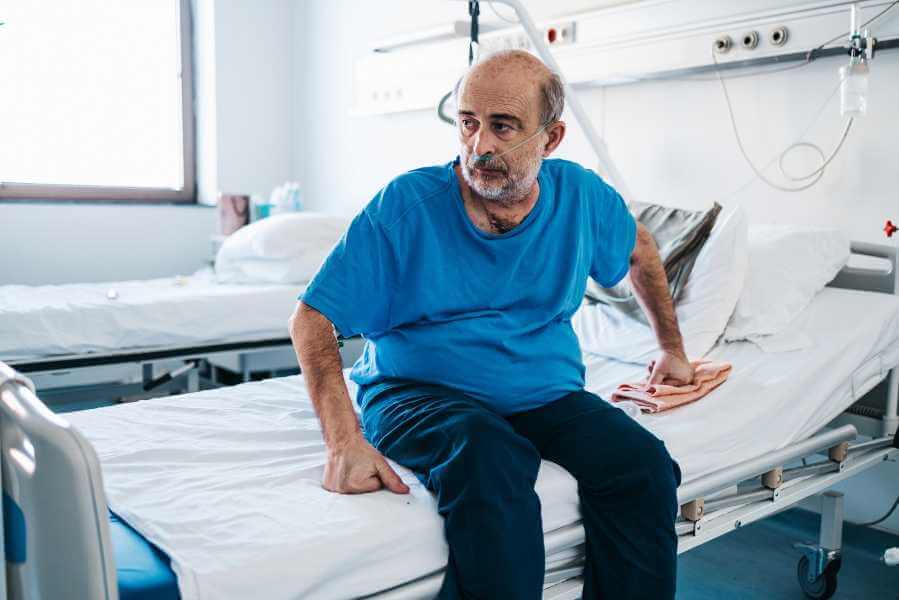Microprocessors can be powered using photosynthetic microorganisms in ambient light without the need for an external power source, new research shows. Led by Emre Ozer from Arm and Christopher Howe from the University of Cambridge, researchers in the UK, Italy and Norway introduced cyanobacteria Synechocystis sp. PCC6803 into an aluminium–air battery to create a biophotovoltaic […]
Read More
